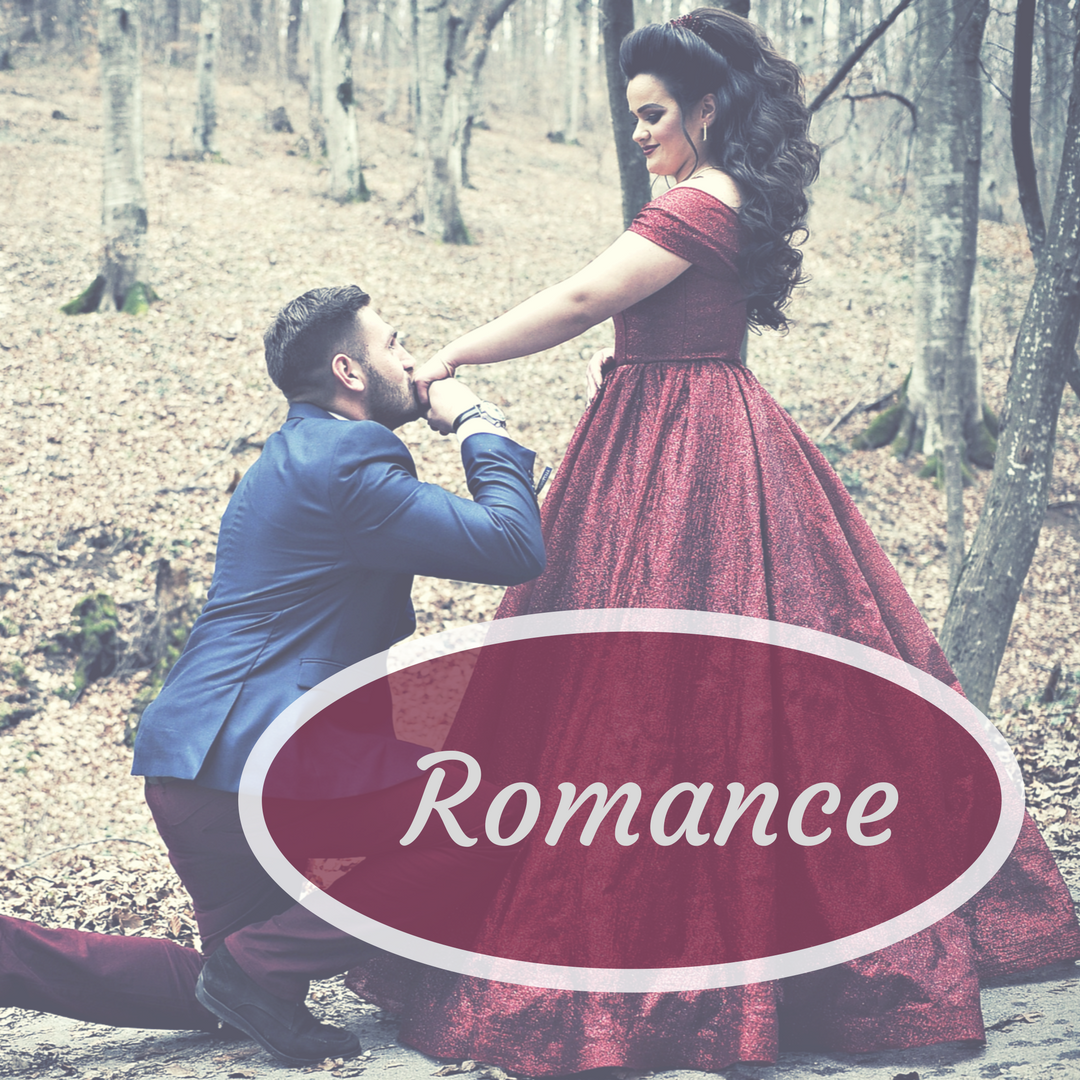I recently attended a conference where one of the speakers talked about how, because of cultural and societal shifts, different generations may converse using the same words, but not realize that the definitions of the words have changed. Basically, we’re using the same vocabulary, but different dictionaries.
Imagine anyone from our current world saying, “My mouse needs a battery and my streaming service has been freezing.” We know exactly what they mean. Someone from a hundred (or even fifty) years ago would likely ask, “What kind of rodent did you train to eat batteries and how could a river/creek/stream freeze?”
To narrow the historical divide a bit, a Boomer or Gen-Xer probably has a different definition of words such as marriage, gender, or furry than a Millennial or Gen-Zer. I know we’ve run into this when talking to our grandkids. We’ve had to ask lots of questions and have them define terms to be sure we’re talking about the same thing. Even emojis may have meanings ascribed to them that are not what you think. 😉
What does this have to do with writing romance?
Everything. Because words matter.
As writers, we need to remember dialogue comes from inside the character. This means that character’s past experiences, their hurts, talents, flaws, everything in them will color how they view life, what they think about things, and what they say.
A man who grew up on a Wyoming cattle ranch will think about a grilled steak differently than a guy from Manhattan’s Upper East Side. But what a fun twist would it be if the cowboy really knew about wine, too? If he had an amazing palate and could pair any food with the perfect wine it could be his super-power.
A woman whose father walked out on her and her mother may be slower to trust men than the gal who grew up with a bunch of brothers and a dad who took her out for donuts every Saturday. For the first woman, it would be a huge step to agree to a second date with a man who accidentally stood her up the first time (due to a misunderstanding). Her agreement would probably be timid, an “Okay, maybe, I guess.” While the second woman would be more able to shrug off the unintended rejection and accept with more enthusiasm. “Sure, let’s try again.”
Dialogue should sound organic and natural to the character.
But don’t fall into the trap of having a character from the South drop their g’s or use exaggerated accents on the page. It be distractin’. Doncha know? Instead, use speech patterns and idioms to create the conversational style you want.
When I wrote a novel set in Tennessee, I consulted several websites listing Southern expressions. Some I used, and some I tweaked for my purposes. One of my favorites, and one that’s often cited as making a reader laugh out loud was, “Well, butter my backside and call me a biscuit.” The actual saying I found was, “Butter my butt and call me a biscuit.” I thought my character would rather refer to her backside, and it kept the alliteration of the b’s, so I changed it to suit my character and my story.
Used wisely, dialogue and word choice can deepen your story and create characters who come alive in the mind of the reader.

Carrie Padgett lives in Central California, close to Yosemite, but far from Hollywood, the beach, and the Golden Gate Bridge. She believes in faith, families, fun, and happily ever afters. She writes contemporary fiction with romance. She recently signed a contract with Sunrise Publishing to co-write a romance novel with New York Times bestselling author Rachel Hauck that will be published in 2022. Carrie and her husband live in the country with their high-maintenance cat and laid-back dog, within driving distance of their six grandchildren.
You can find her online at:
- Twitter: CarriePadgett
- Instagram: carpadwriter
- Facebook: WriterCarriePadgett
- Amazon Author Page: Carrie Padgett




No Comments